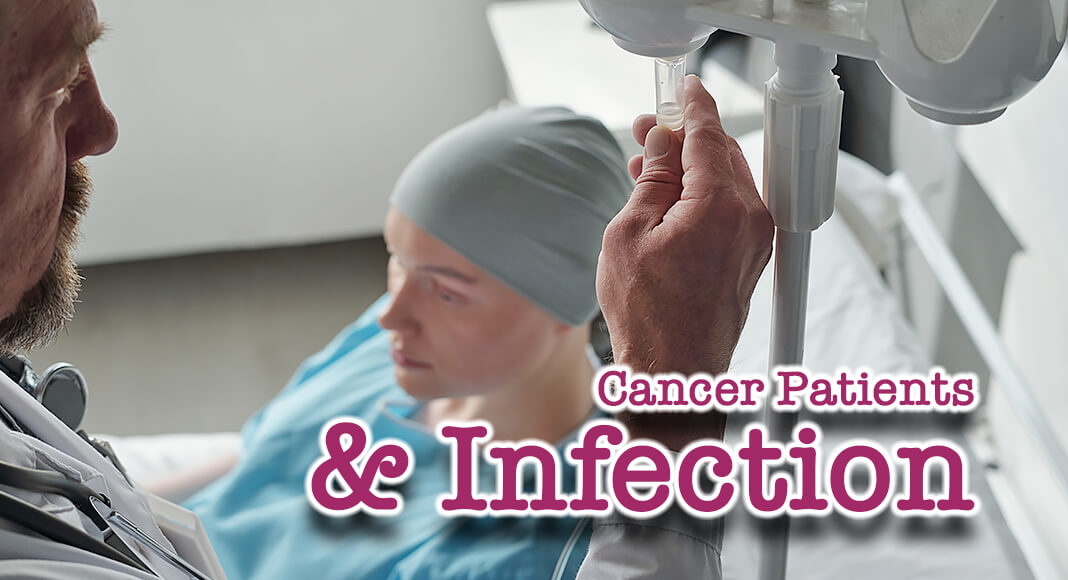
Mega Doctor News
People with cancer who are treated with chemotherapy are more likely to get infections. Your immune system helps your body protect itself from getting an infection. Cancer and chemotherapy can damage this system by reducing the number of infection-fighting white blood cells. This condition is called neutropenia.
An infection can lead to sepsis, the body’s extreme response to an infection. It is a life-threatening medical emergency.
Find out from your doctor when your white blood cell count is likely to be lowest, since this is when you’re most at risk for infection. This usually occurs between 7 and 12 days after you finish each chemotherapy dose, and may last as long as one week.
Information Source: CDC








